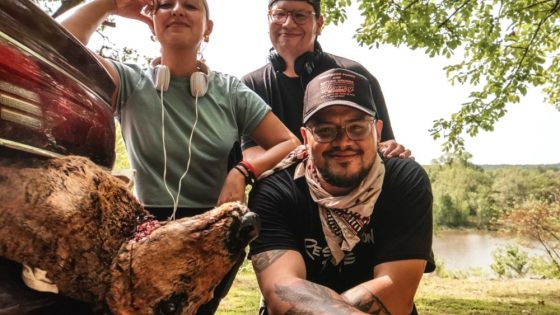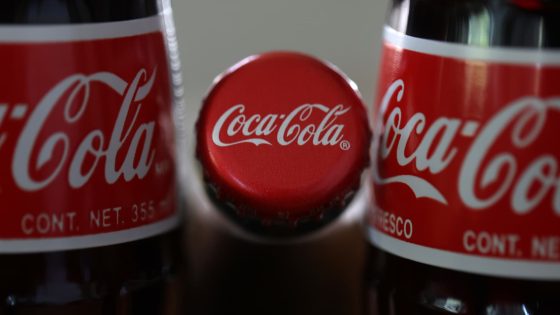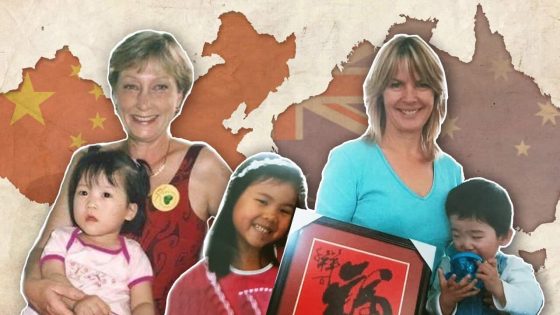I think about an anecdote that Clint Eastwood once told regarding Chief Dan George. Clint campaigned for an Oscar nomination for George’s excellent performance in “The Outlaw Josey Wales.” A common reply from voters was, “Well, he wasn’t acting. He was just being himself.”
In late October 2019, Sterlin Harjo first mentioned “Reservation Dogs” to me. Sterlin told me that he and Taika Waititi were developing a TV show for FX — and if a miracle happened (God willin’ and the creek don’t rise) and the show got made, he wanted me to be a part of it. Well, that miracle — or more accurately, a series of miracles — happened. With the help of Angelique Midthunder, Sterlin and Taika cast four young Native actors to play the Rez Dogs, four more to play their rivals (The Bad Guy Gang) and dozens more Native actors to populate their fictional community. Sterlin and Taika wrote, and Sterlin directed, a pilot. FX said “yes.” Just a hair under a year after I first heard of “Reservation Dogs,” I found myself in a Zoom room across from several other Native writers, ready to tackle Season 1.
We poured our hearts and souls into it. In the writers’ room, we talked about our personal, formative experiences as Native people dealing with loss, grief, financial insecurity, family woes, generally being shitasses, and so on. We told each other stories stranger than fiction, and wove them together to create a world for our Rez Dogs. All that mattered to us is that the story we told resonated with our own communities. We may have occasionally gotten maudlin, but we were never trite. We brought the realness. We had to.
We shot Season 1 in spring 2021, and FX released it in August of the same year. “Rez Dogs” hit the world in a way we never dared hope. It was the first and only show where every writer, director and series regular is Indigenous. Indian Country loved it. Kids dressed as the characters from the show for Halloween, people quoted our lines and turned my brother Dallas (“William Knifeman” or “Spirit”) into a meme, and my mom didn’t disown me. We were shocked that TV critics also seemed to like it; we were nominated for numerous awards, and even won some. We sat pretty at 98% on Rotten Tomatoes, made year-end “best of” lists, and so on. Some said an Emmy nomination eluded us, but we never expected to receive one; we were telling stories that we thought mattered only to our communities, and we were pleasantly surprised when they resonated more broadly.
We went into the writing and production of Season 1 expecting that we would never get to do that again. But the community and critical love that was shown to our characters brought us a second season. Sterlin doubled the writers room and quadrupled our ambition. We still felt like we were on a ride that we thought could end at any moment, so we wrote Season 2 the only way we knew how: we gave it everything we had. Our audience trusted us in Season 1, and we had led them into the funny, heartbreaking, and surreal corners of our lived experiences.
Given the chance to do it again, we went bigger. We expanded the world of our young protagonists and told stories about the adults in their lives, with aunties performing a synchronized dance number, an accidental acid trip uncovering both long-held grief and sinister political machinations. We followed our leads to influencer-led youth conferences, a boy’s home, and into adult responsibilities and pressures. Lily Gladstone (yes, that Lily Gladstone!) guest starred in an episode I wrote that took place in a prison, based on the experiences I and my fellow writers had visiting our incarcerated relatives. Directed and brought to incredible life by Sterlin, for the rest of my life it will probably be the thing I’m most proud to have written. We still kept the real. But we let ourselves grow along with our characters. And we led them to the beaches of California, where (at that time) we felt their story naturally ended.
Season 2 was even better received than Season 1. Our communities responded with even more love. My mom didn’t just not disown me, she even told me she was proud! We made more best-of lists, sat at a coveted 100% on Rotten Tomatoes, and saw more critical love and award nominations. So this time, after hearing from not only our communities but from Hollywood that we’d made two of the best and most unique seasons of TV, it stung a little when the Emmys largely overlooked us.
We did get nominated for an Emmy for sound editing. And it was well-deserved recognition for the work our sound editors did on that episode. But the Television Academy did not recognize our contributions as writers, directors, producers and performers. Ever the underdogs (is that a pun? If so, it was intended), we took it in stride, but I can’t pretend we weren’t disappointed.
Having told our story, we were stumped again when FX renewed our show for a third season. This time, Sterlin led us to expand not only the space and geography of our created community, but also time. We went back to explore how the adults in the community became the elders they are. And in doing so, we learned that we weren’t just telling the coming-of-age story of a few teenagers. Instead, we were telling the coming-of-age of an entire community. Everyone in our story had some wound, or some awful secret thing, and we found avenues of healing for all. We retained our weirdness, of course. We had UFOs and more spirits and tiny arrows.
In the writing, we felt that we found a fitting end for this story and these characters, and we decided to make Season 3 our last season. There were a lot of tearful and difficult goodbyes. When you put this much of yourself into the art you make, “goodbye” doesn’t feel real. How can this family we’d made really be breaking up? In doing rewrites on the last episodes, I found that my screen was blurry, and I couldn’t figure out why. I realized that I had been crying. When I looked up across the table, I saw that Tazbah Chavez, one of our directors and, like me, a co-executive producer and writer on set, was also crying as she wrote.
In writing this show, I dug to personal depths I never thought possible. Cheesy as it might be, I know that in healing our fictional characters, we healed some piece of ourselves as well. There are lines and conversations and scenes in “Reservation Dogs” that I will be forever proud of. We went out on our own terms, and people seem to respect it. The final season hit the same levels of acclaim and recognition. The consensus seems to be that we’ve done the impossible and stuck the landing.
Now, as I write this, voting in the nomination-round for the Emmys is coming to a close. I don’t know whether we’ll receive a nomination this time around. In a recent open letter, John Leguizamo said, “There are hundreds of prolific non-white artists who deserve to be considered for awards this year, not because they are simply … Black, Brown, Indigenous, or Asian, but because they are truly great … exceptional artists who have achieved that greatness with a foot on their neck for far too long.”
With this sentiment in mind, I’m not claiming we’re overlooked because we’re Indigenous AF, though we are, and proudly (both Indigenous and overlooked…ha). But what I’m saying is that what we did was excellent, and it wasn’t easy. We weren’t just a bunch of Indians simply playing ourselves. We gouged our spirits and presented the pieces to the world, and every single department elevated that gift with excellence in their craft. We did the damn thing, did it well, and received universal and overwhelming acclaim. And we’ve done it while receiving nearly zero recognition from the Television Academy. And no, we don’t need the Television Academy to tell us we did a good job. We lived it, and our families and communities have given us all the love we need. But if our show doesn’t “deserve” a nomination in this last opportunity to do so, what does?
[Photo: Co-exec producer/director Tazbah Chavez, co-exec producer/writer Migizi Pensoneau and co-creator/exec producer Sterlin Harjo.]
Source Agencies



